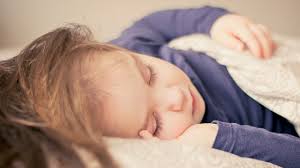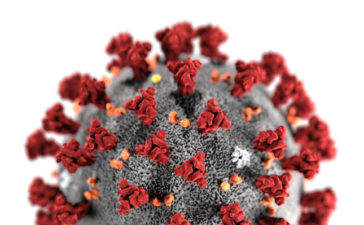Yawning and drowsiness are not the only signs that a student is getting too little sleep. Other are symptoms hyperactivity, crankiness, impulsiveness, and a short attention span. Sleep loss also has less obvious effects on health, emotions, academic success, and driving ability. These effects have long-term consequences in the educational setting but also for healthy living and skill development outside school.
The consequences of poor sleep may be long term. Just as nutrition and exercise must be included in healthy lifestyle choices, sleep habits must also be considered in this balance. This requires prioritizing our sleep needs within school, family, and community settings. When choosing how to balance our cultural and personal commitments with our sleep requirements, it is helpful to remember that sleep is an important factor for performing at our best physically, mentally, and emotionally. When we put off sleep to study or to practice a skill, we may actually be preventing our mind from absorbing the information we want it to retain or our bodies from developing as we had hoped.
Another factor to be considered with evening activities is how much they stimulate a child. Although physical activity during the day is healthy for sleep, our bodies need time to cool down after exercise. Similarly, our minds need time to settle down after activities that require deep concentration. In addition, the stress of performing well, whether it be in an organized activity or a social context, may keep us from falling asleep easily if it occurs too close to bedtime.
Homework
Homework may affect a child’s sleep in three ways. First, the time it takes to finish an assignment may infringe on time that should be used for sleeping. Second, work done too close to bedtime may leave a child too stimulated to fall asleep easily. Finally, if homework is done on or near a child’s bed, the child may associate that area with working or stress and not be able to fall asleep easily there.
Home entertainment and technology
Watching television, movies, or video games close to bedtime may all contribute to a loss of sleep. Although we may feel and appear calm when enjoying these types of entertainment, our minds are excited. If we don’t have enough downtime before going to bed, it may be difficult to fall asleep. Such content may increase the chance of nightmares during the night as well.
Eating Habits
A heavy meal right before bedtime can make it difficult to sleep. On the other hand, going to bed on an empty stomach can do the same thing, so finding a balance is necessary.
Caffeine
Caffeine is a stimulant found in many items such as chocolate, chocolate milk, tea, iced tea, soft drinks, coffee, some herbal remedies, and many over-the-counter pain and cold medicines. Caffeine can help us function during the day, but it may also cause problems sleeping at night.
Tobacco and alcohol
Although consuming alcohol may make us fall asleep easier at first, it acts as a stimulant as it gets digested which may cause us to wake up throughout the night and intensify or create sleep disorders.





